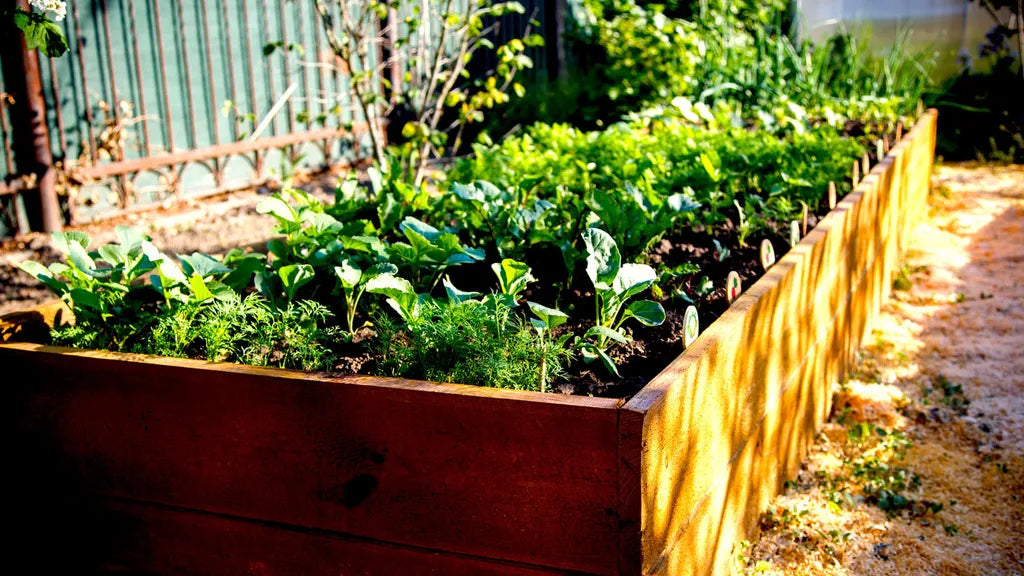Cedar granules have become popular among gardeners looking for a natural way to decorate their vegetable gardens. They provide several benefits, such as pest control and soil development, however, there also are a few drawbacks to take into account. In this blog, we will discover the pros and cons of using cedar granules in your vegetable garden, offering you the information needed to make an informed decision.
What Are Cedar Granules?
Cedar granules are small portions of cedar wood often used as mulch in gardens. They are regarded for their fine aroma and natural insect-repelling properties. Besides being a powerful pest deterrent, cedar granules improve soil and hold moisture.
Benefits of Using Cedar Granules in Vegetable Gardens
There are many uses which are listed below:
Pest Control
Cedar granules are great for repelling pests consisting of ants, mosquitoes, and mites. They work by interfering with the pests' pheromone structures, making it hard for them to navigate and breed.
Soil Improvement
As cedar granules decompose, they release vitamins like phosphorus and potassium into the soil, enriching it over time. They also help keep soil moisture, reducing the want for frequent watering and helping plants thrive.
Temperature Regulation
Cedar granules act as an insulating layer, keeping the soil cooler in summertime and warmer in wintry weather. This allows stable surroundings for your plants to grow.
Longevity
Compared to other natural mulches, cedar granules decompose slowly, meaning they remain longer and require less common alternatives.

Drawbacks of Using Cedar Granules in Vegetable Gardens
There are some drawbacks also which are listed below:
Cost
Cedar granules tend to be more expensive than different mulching alternatives, which can impact your gardening budget.
Nitrogen Depletion
As cedar granules decompose, they could temporarily expand nitrogen tiers in the soil. This may be mitigated by using nitrogen-wealthy fertilizers.
Impact on Beneficial Insects
While cedar granules repel pests, they also can deter useful bugs like bees and ladybugs, which might be important for pollination and pest control.
Practical Tips for Using Cedar Granules
How to use the cedar granules in the Garden:
Application Tips
Spread cedar granules evenly around your vegetable plants, ensuring a thick layer to discourage pests and retain moisture. Be conscious not to pile them excessively towards plant stems, this could cause rot.
Combining with Other Mulches
To balance the advantages and downsides, consider blending cedar granules with other mulch. This can assist in managing costs and decrease nitrogen depletion.
Monitoring Soil Health
Regularly check your soil's nutrient stages and plant fitness. If you notice signs and symptoms of nitrogen deficiency, complement them with natural fertilizers to preserve a healthy lawn atmosphere.
FAQ
Q. Can cedar granules be used safely in vegetable gardens?
A. Yes, cedar granules are secure for vegetable gardens. They offer natural pest manipulation and improve soil without harmful chemical compounds.Q. How often should cedar granules be reapplied?
A. Cedar granules must be reapplied every 4-6 weeks or after heavy rains to maintain effectiveness.Q. Are cedar granules eco-friendly?
A. Yes, cedar granules are biodegradable and environmentally friendly. They decompose evidently through the years, enriching the soil.Conclusion
Using cedar granules for your vegetable garden can provide several advantages, which include natural pest control, progressed soil, and temperature law. However, it’s important to consider the potential drawbacks, such as cost and impact on beneficial insects.

